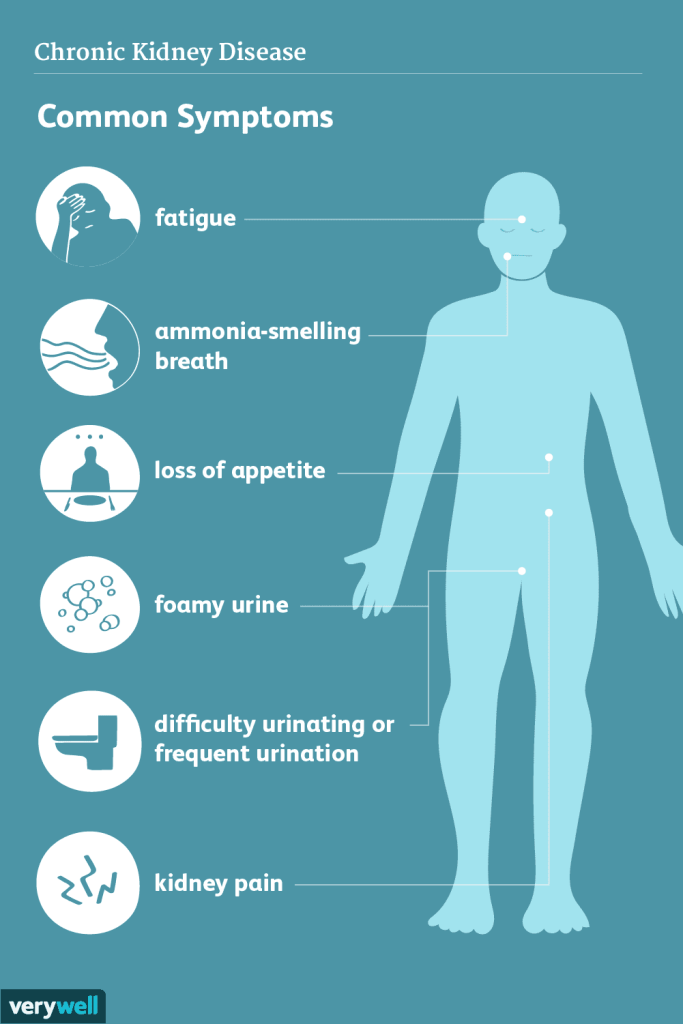Understanding our body’s signals is essential for maintaining good health. Recognizing certain types of pain can serve as an early warning sign that our kidneys might need attention. This article aims to outline how kidney discomfort manifests and the physical symptoms that may accompany kidney dysfunction.
The kidneys play a vital role in filtering waste products and excess fluids from the body while also regulating electrolyte and fluid balance. Any impairment in their function can lead to various complications affecting muscle, nerve, and tissue functions, ultimately disrupting the body’s overall equilibrium.
Symptoms of Kidney Pain
Experts suggest that kidney issues can manifest as pain in different areas of the body. It’s crucial to seek medical advice promptly if experiencing discomfort in these regions.
Outward and Internal Signs
One common indicator of renal problems is pain in the side or upper back, typically beneath the ribcage, characterized by a dull ache.
Fatigue and Weakness: Diminished kidney function can lead to toxin accumulation in the blood, resulting in feelings of fatigue and weakness, alongside difficulties in concentration. Additionally, it may induce anemia, further exacerbating fatigue.

High Blood Pressure: Kidneys play a pivotal role in regulating blood pressure. Any imbalance, such as excess sodium and fluid retention, can elevate blood pressure levels. Moreover, high blood pressure can exacerbate kidney disease by damaging the blood vessels.
Edema in Extremities: Retention of fluid and sodium can cause swelling in the hands, legs, and feet.
Muscle Cramps: Electrolyte imbalances due to impaired kidney function may lead to neuromuscular issues, including muscle cramps, twitches, or weakness. Some individuals might also experience sensations like pins and needles or numbness in specific body areas.
Lower Back Pain: The kidneys, located on either side of the back, between the rib cage and hips, may cause localized pain in this area due to certain kidney conditions, exacerbated by movement or stretching.
The Importance of Timely Checkups
Given the kidneys’ crucial role in waste removal and blood regulation, their proper functioning is integral to overall health. Ignoring signs of kidney pain could lead to worsening conditions and additional health complications. Therefore, scheduling a medical checkup promptly is imperative to address any kidney-related concerns.
Preventive Measures and Lifestyle Changes
Taking proactive steps to safeguard kidney health is paramount. Adequate hydration, a balanced diet, and moderation in alcohol and medication consumption can promote optimal kidney function. Regular physical activity also plays a significant role in enhancing overall body and kidney health, underscoring the importance of a holistic approach to well-being.
By understanding the signs of kidney discomfort and prioritizing preventive measures, individuals can take charge of their health and ensure the proper functioning of this vital organ system.















